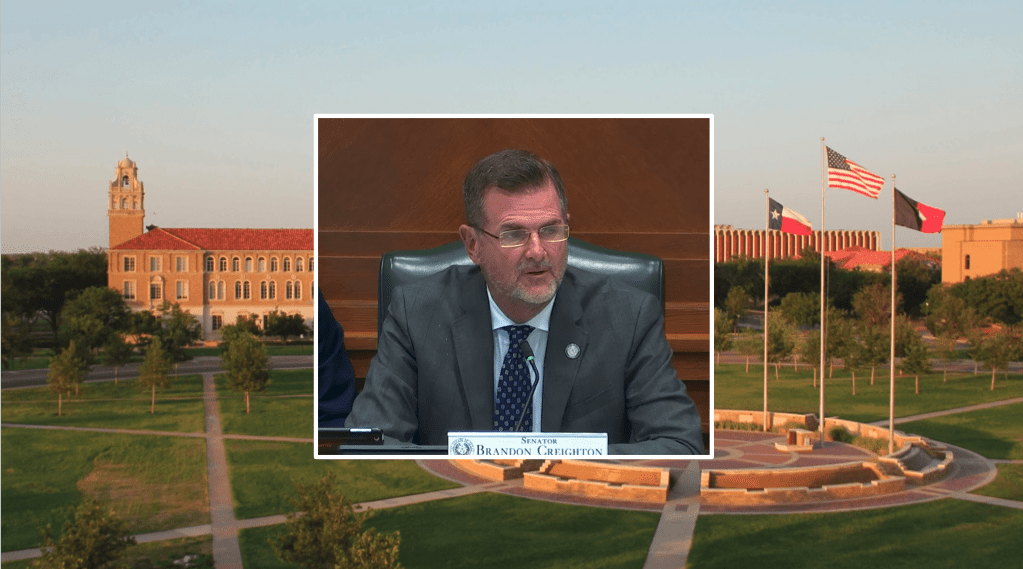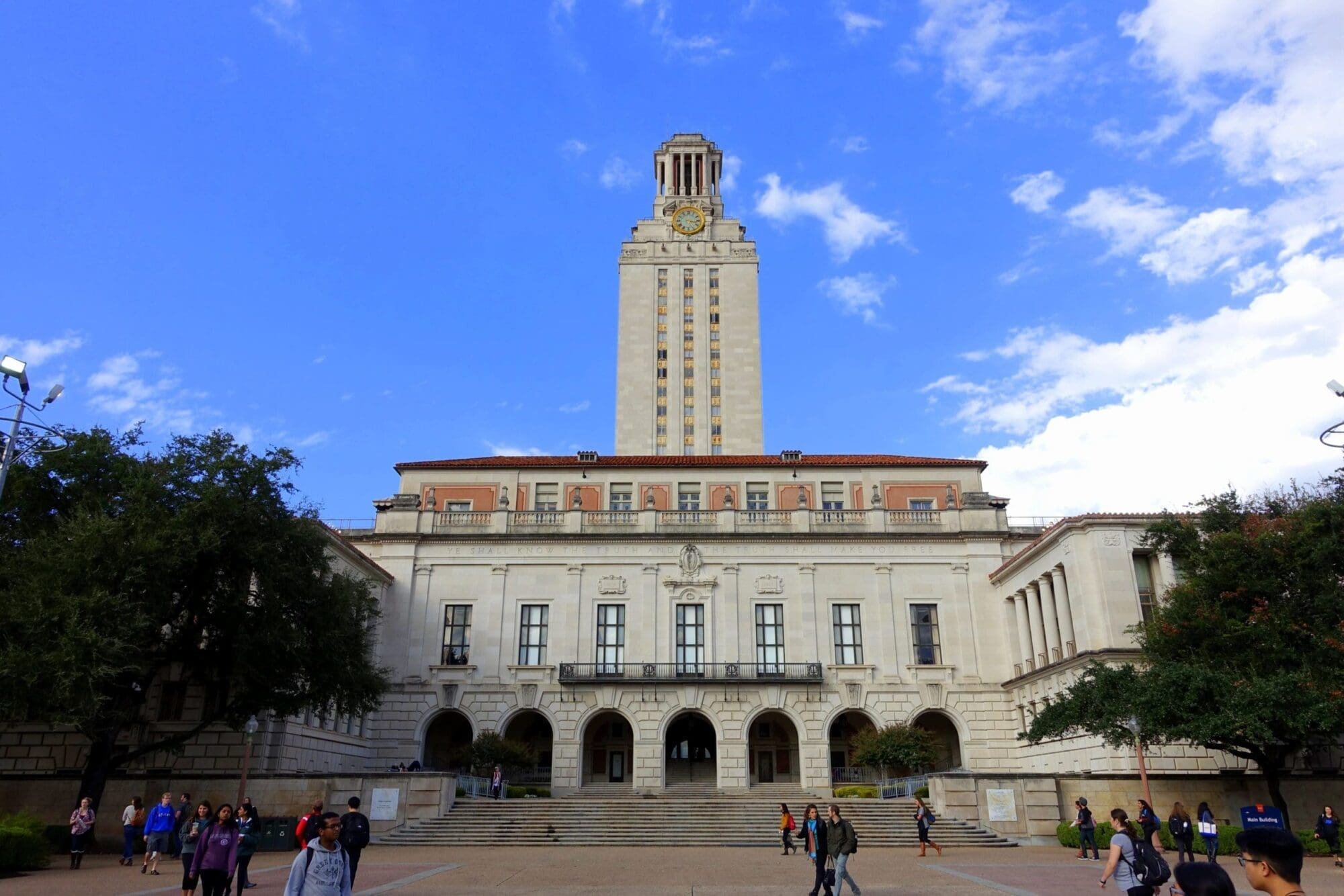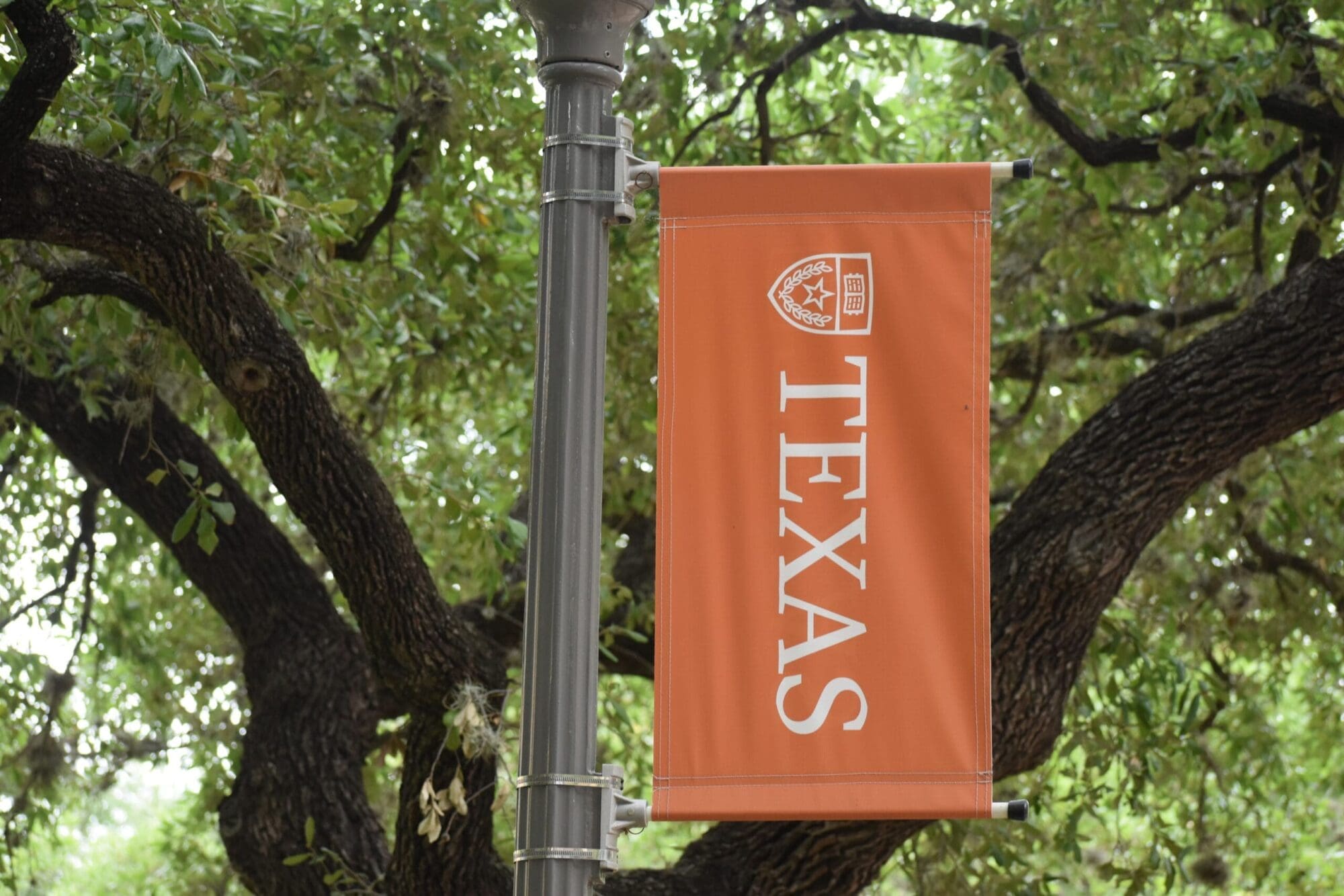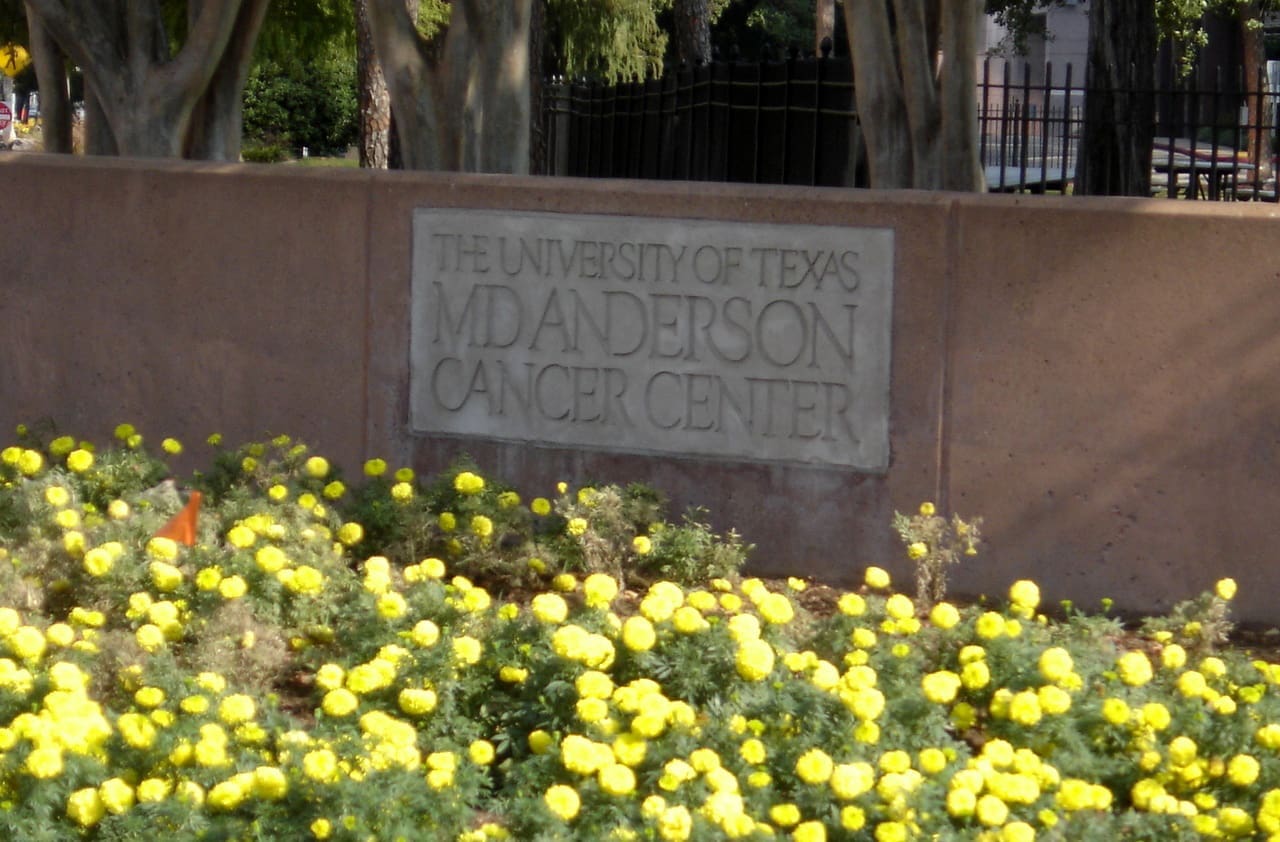A new program run by the University of Texas is aiming to expand the definition of “what it means to be masculine,” and it’s using taxpayer dollars to do it.
The campaign, which goes by the name MasculinUT, began to gain attention on social media with the launch of a poster campaign that features male students challenging traditional gender roles, with quotes like, “Even though I’m masculine, I can wear makeup, and if I feel like wearing a dress, I can do that too and it’s totally fine.”

Another poster seeks to expand the definition of masculine…by rejecting the term altogether, featuring a watermelon-shirt-clad student with the caption “I don’t identify as masculine, it’s just imposed on my body. One way I embrace my femininity is by wearing make-up and doing my nails.”

The goal of the campaign, according to the university, is “to develop a healthy model of masculinity that respects the range of ways to express a male identity that includes access to a range of behaviors, emotions, hobbies, jobs, etc.” as well as to “expand perceptions regarding what masculinity can look like on the UT campus and in society.”
After receiving criticism for the posters, UT added the following header to the website housing the images:
Some of the posters in this campaign have drawn recent criticism, with people questioning their effectiveness at engaging a broad audience in discussions of masculinity. We are reviewing the posters but keeping them on the website during that process. We respect that every student on UT’s campus has a different experience of masculinity and we recognize that only some of those experiences are depicted below.
Indeed, the university must already be targeting a fairly “broad audience” for the MasculinUT campaign, as one of their posters features a female student.

The program has also been criticized for its treatment of masculinity as a mental illness, causing university officials to release a statement denying the assertion while, in the same statement, acknowledging that “MasculinUT is housed administratively in the university’s Counseling and Mental Health Center.”
The university also announced that they were looking to hire a “Healthy Masculinities Coordinator” to oversee the program:
Earlier this year, The University of Texas System Board of Regents approved funding for mental health, student safety, and alcohol-related initiatives including efforts to reduce sexual assaults on campus. The new staff position that will oversee this program, and coordinate with other UT System schools, is part of those efforts funded by the Regents.
The Austin campus alone has a budget of nearly $3 billion, with $357 million of funding coming from the state’s general revenue.
The MasculinUT campaign is a sharp illustration of liberal higher education gone unchecked. When legislators debate higher education funding in 2019, taxpayers should demand their legislators exercise aggressive diligence before handing over another large check for the biennium.





